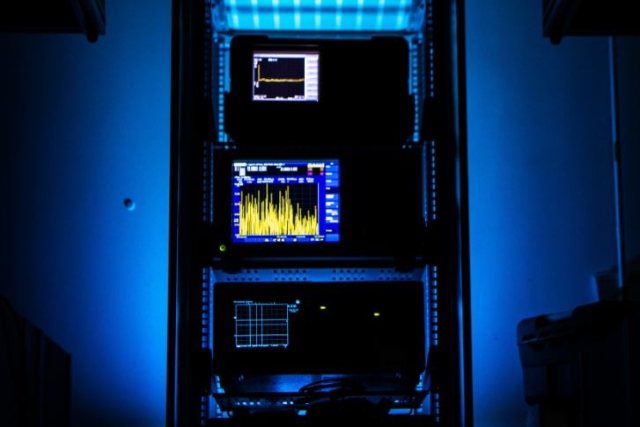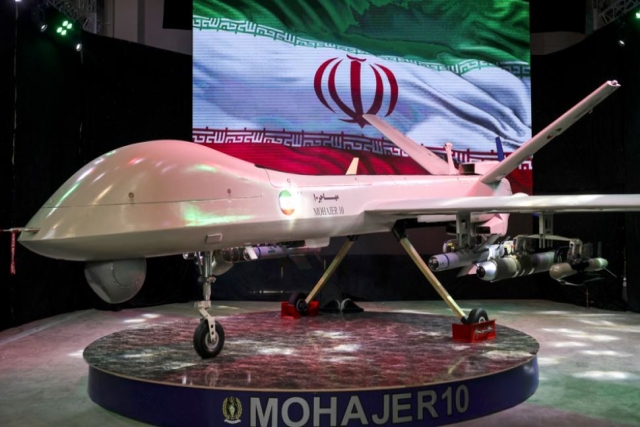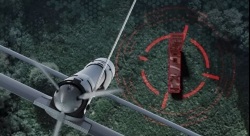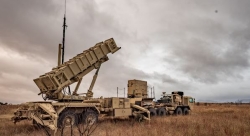U.K. Develops Quantum Atomic Clock Losing 1 Second Over Billions Of Years
The quantum atomic clock boosts military precision with secure, GPS-independent timekeeping.

A new U.K.-built quantum atomic clock is set to revolutionize military operations by offering unprecedented precision and security for intelligence, surveillance, and reconnaissance activities.
The clock, developed by the Defence Science and Technology Laboratory (Dstl), is designed to operate independently of GPS, mitigating risks from adversarial interference.
The clock, a first-of-its-kind innovation in the U.K., achieves a remarkable precision, losing less than one second over billions of years.
The Ministry of Defence (MOD) has positioned the atomic clock as a cornerstone of its strategy to address vulnerabilities in global navigation systems (GNSS). Traditional GNSS networks are susceptible to jamming and other forms of disruption, making the adoption of sovereign-controlled technologies a national security priority.
The clock will improve GPS accuracy, enhance encrypted communications, and transform global navigation systems. By refining satellite communication and optimizing the guidance of advanced weaponry, the technology aims to provide the U.K. Armed Forces with a tactical edge.
Dstl’s trials mark the first use of a U.K.-made optical atomic clock outside the laboratory. According to the MOD, future research will focus on reducing the device's size to facilitate mass production. This miniaturization could enable deployment across a range of platforms, from military vehicles to aircraft.
The MOD has invested over £28 million in research and development, aiming to solidify the U.K.’s early adopter advantage. Defence Procurement and Industry Minister Maria Eagle emphasized the Government’s commitment to integrating cutting-edge technology into defense systems to ensure security and bolster the science and industrial sectors.
The quantum clock promises to enable precise, GPS-independent navigation, improve synchronization for encrypted networks, refine weapon system timing for trajectory and coordination, and provide advantages in cyber warfare and timing-critical missions. With deployment expected within five years, the U.K.’s quantum atomic clock represents a leap forward in defense innovation, paving the way for transformative applications across military and civilian domains.









